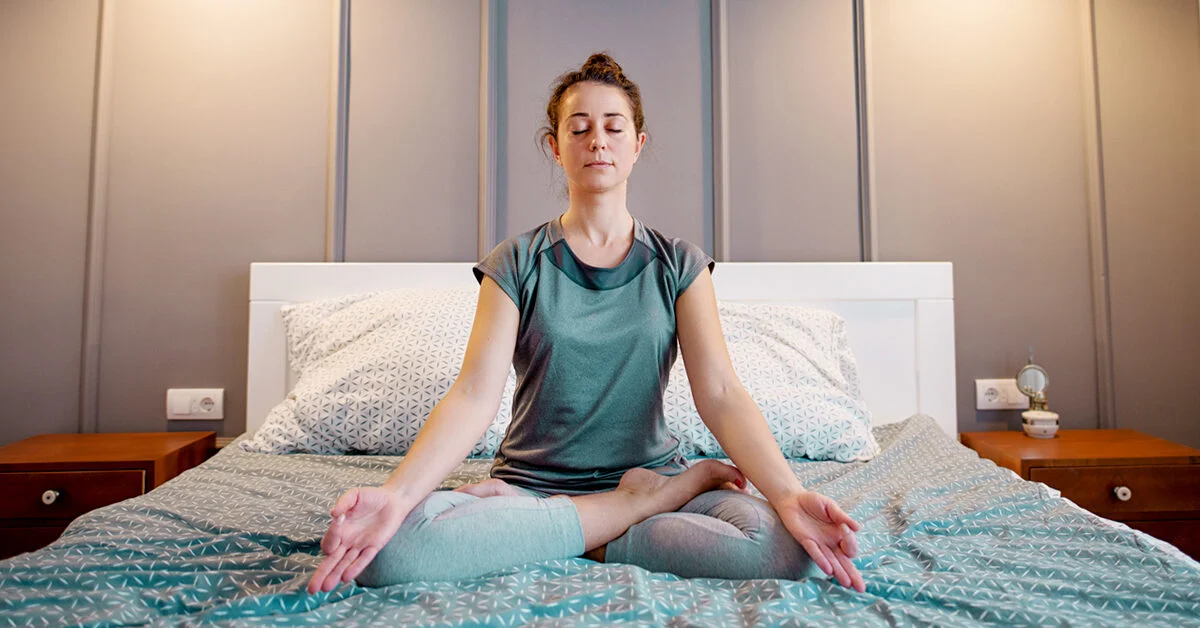Awaken Your 7 Chakras: Balancing and Harmonizing Your Energy Centers, Chanting the Maha Mantra: Harnessing the Power of Sacred Sound
Awaken Your 7 Chakras: Balancing and Harmonizing Your Energy Centers, Chanting the Maha Mantra: Harnessing the Power of Sacred Sound










